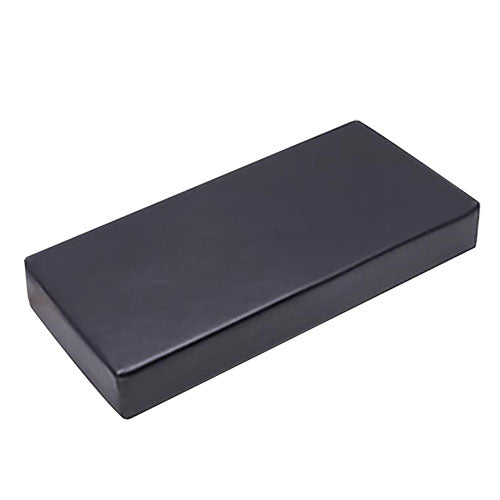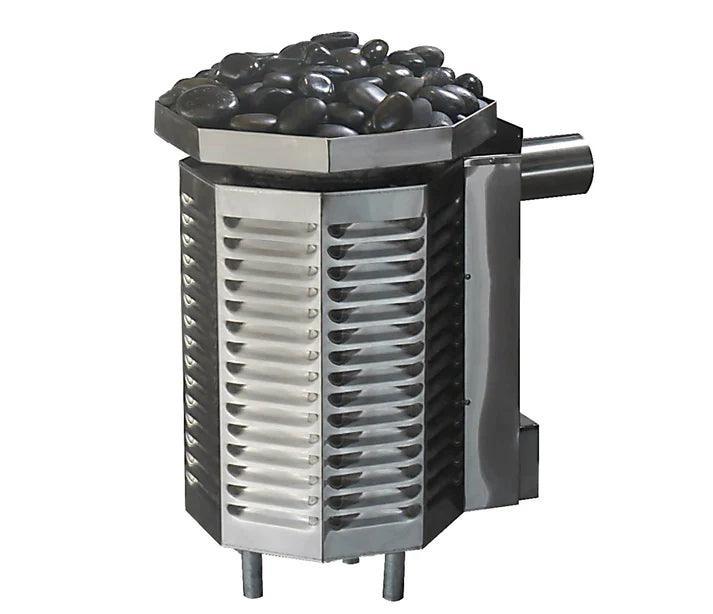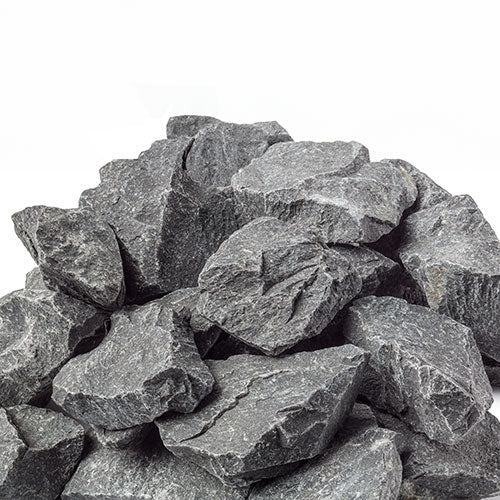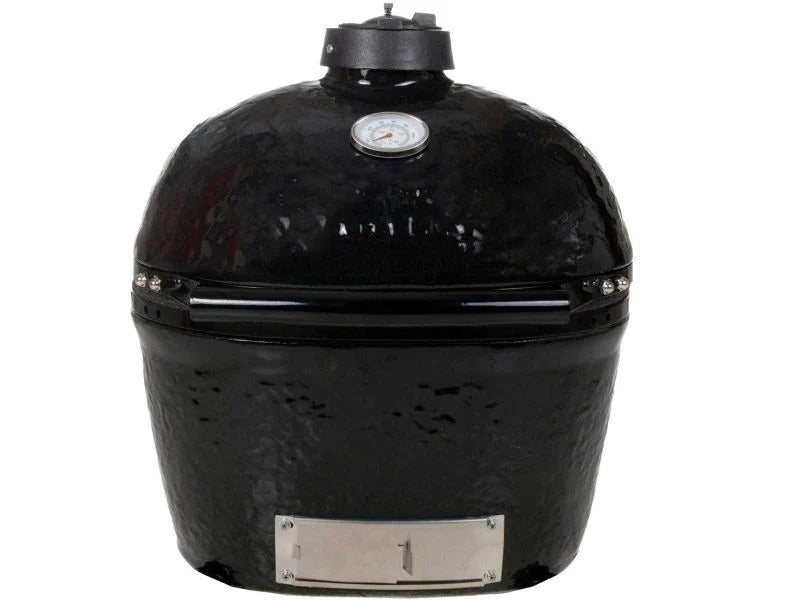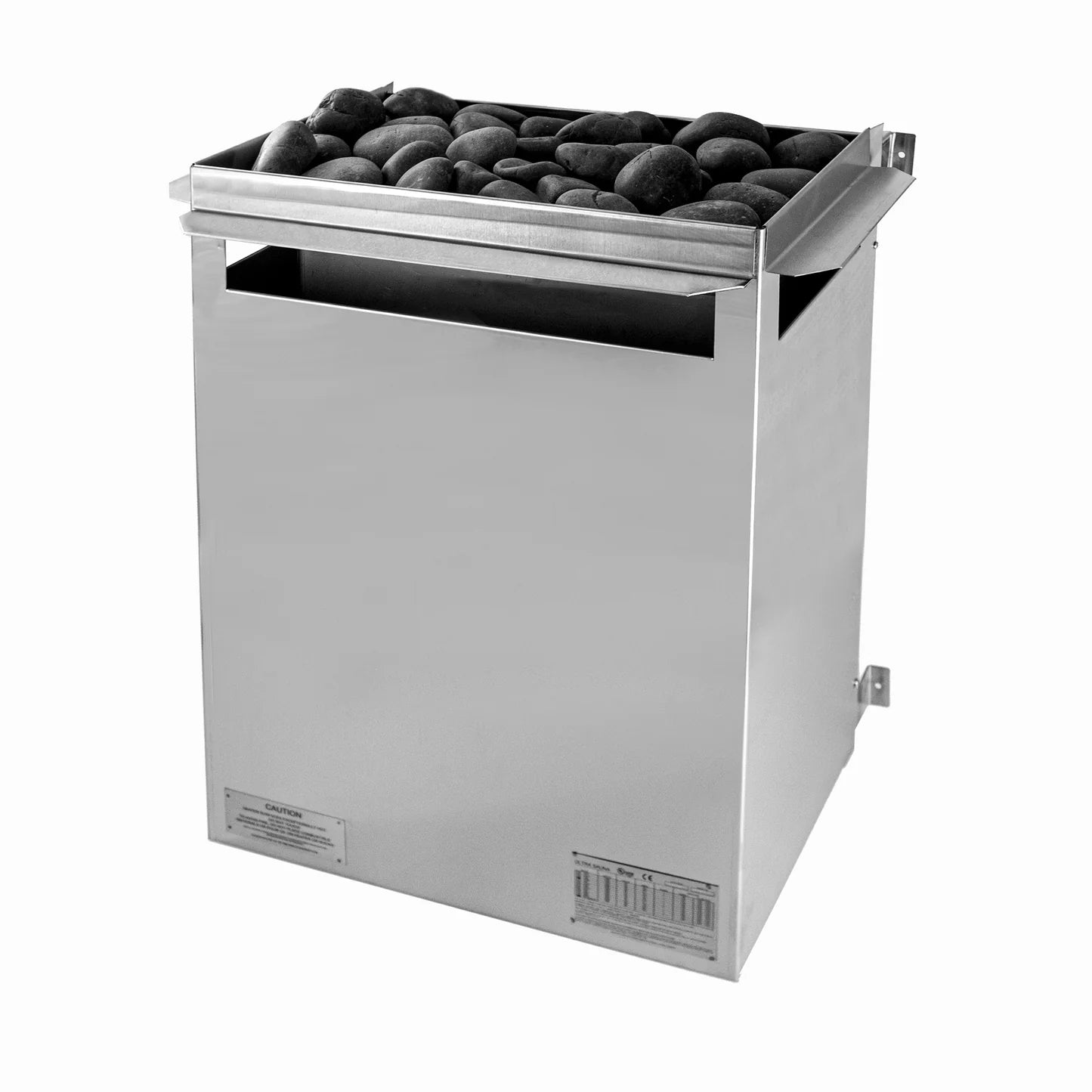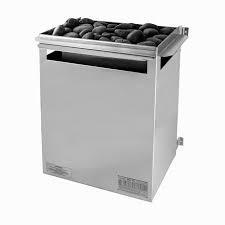
Fermented Foods: Your Path to Optimal Gut Health
In recent years, there has been a surge of interest in the impact of diet on gut health. Among the foods receiving heightened attention are fermented foods, which have been consumed for centuries in various cultures worldwide. But what exactly are fermented foods, and how do they contribute to better gut health? Let’s delve into the science behind these foods and uncover actionable insights that can elevate your well-being.
What Are Fermented Foods?
Fermented foods are those that have undergone a natural process of fermentation, where microorganisms like bacteria, yeast, or molds convert sugars and starches into acids or alcohol. This process not only preserves the food but also enhances its nutritional profile. Common examples include yogurt, kefir, sauerkraut, kimchi, kombucha, and miso.
The fermentation process enriches these foods with probiotics—live microorganisms that can provide health benefits when consumed in adequate amounts. According to a comprehensive review published in the journal Nutrients, probiotics are pivotal in maintaining gut health, improving digestion, and even supporting immune function.
How Do Fermented Foods Benefit Gut Health?
The benefits of fermented foods on gut health can be attributed to their rich probiotic content. Here are some key ways these foods can enhance your gut health:
- Improved Digestion: Probiotics can help break down food more efficiently, leading to better nutrient absorption. They also assist in alleviating common digestive issues like bloating and constipation.
- Microbiome Balance: An imbalance in gut bacteria can lead to various health issues. Consuming fermented foods can help restore this balance by introducing beneficial bacteria into your system.
- Enhanced Immune Function: A significant portion of your immune system is housed in the gut. Probiotics can enhance the gut barrier function, reducing the likelihood of infections and diseases.
- Reduced Inflammation: Chronic inflammation is linked to numerous health conditions, including obesity and diabetes. Fermented foods have been shown to decrease markers of inflammation in the body.
Which Fermented Foods Should You Include in Your Diet?
Incorporating a variety of fermented foods into your diet can ensure you reap the maximum benefits. Here are some excellent choices:
| Food | Probiotic Strains | Health Benefits |
|---|---|---|
| Yogurt | Lactobacillus, Bifidobacterium | Improves lactose digestion, supports immune function |
| Kefir | Lactobacillus, Saccharomyces | Enhances gut health, rich in vitamins |
| Kimchi | Lactobacillus kimchii | Boosts metabolism, rich in antioxidants |
| Sauerkraut | Lactobacillus plantarum | Promotes digestion, supports heart health |
| Kombucha | Acetobacter, Gluconobacter | Detoxifies liver, boosts energy |
How Much Fermented Food Should You Consume?
While incorporating fermented foods into your diet is beneficial, moderation is key. Start by adding a small serving of fermented foods to your meals, such as a cup of yogurt or a couple of tablespoons of sauerkraut. Gradually increase your intake as your body adjusts. Most experts recommend aiming for at least one serving of fermented food per day to maintain a healthy gut.
Can Fermented Foods Help With Specific Gut Issues?
Research suggests that fermented foods can play a role in managing specific gastrointestinal disorders. For instance, a study published in Gut found that patients with irritable bowel syndrome (IBS) experienced symptom relief when consuming probiotics found in fermented foods. Likewise, individuals suffering from inflammatory bowel diseases may also benefit from the anti-inflammatory properties of probiotics.
However, it is crucial to consult a healthcare professional before making significant dietary changes, especially if you have pre-existing health conditions.
How to Make Fermented Foods at Home
Making your own fermented foods can be a fun and rewarding process. Here are some simple recipes to get you started:
Homemade Sauerkraut
- Finely shred green cabbage and place it in a large bowl.
- Add salt (approximately 1 tablespoon per 2 cups of cabbage) and massage the cabbage until it releases its juices.
- Pack the cabbage tightly into a clean glass jar, ensuring it’s submerged in its own brine.
- Cover with a cloth and let it ferment at room temperature for 1-4 weeks, tasting periodically until it reaches your desired flavor.
Kefir
- In a clean jar, combine milk with kefir grains (about 1 tablespoon of grains per 2 cups of milk).
- Cover the jar with a breathable cloth and let it sit at room temperature for 24 hours.
- Strain the kefir through a non-metal sieve to separate the grains from the liquid, and your kefir is ready to enjoy!
Experimenting with homemade fermented foods allows you to customize flavors and create unique combinations that suit your palate.
Are you ready to enhance your gut health? Start incorporating fermented foods into your meals today and experience the benefits firsthand. For more wellness tips and resources, check out our collection of saunas to support your overall health journey.
FAQs
What are the best fermented foods for gut health?
Some of the best options include yogurt, kefir, kimchi, sauerkraut, and kombucha. These foods are rich in probiotics and beneficial nutrients.
Can fermented foods help with IBS?
Yes, many individuals with IBS find relief through the consumption of fermented foods due to their probiotic content, which can help balance gut bacteria.
How often should I eat fermented foods?
Aim for at least one serving of fermented foods daily to maintain gut health, gradually increasing your intake based on your tolerance.
Are there any side effects of fermented foods?
Some individuals may experience gas or bloating when consuming fermented foods for the first time. Start slowly and increase your intake as your body adjusts.
Can I make fermented foods at home?
Absolutely! Many fermented foods, such as sauerkraut and kefir, can be easily made at home using simple ingredients and basic techniques.
Do fermented foods contain alcohol?
Some fermented foods, like kombucha, may contain trace amounts of alcohol due to the fermentation process, but it is generally considered safe in moderation.
What’s the difference between probiotics and prebiotics?
Probiotics are live beneficial bacteria found in fermented foods, while prebiotics are non-digestible fibers that feed these bacteria, promoting their growth in the gut.
Incorporating fermented foods into your diet can be a transformative step toward achieving optimal gut health. As you explore these options, remember to listen to your body and consult with healthcare professionals when necessary. Start today for a healthier tomorrow!
For a deeper dive into wellness practices, explore our range of cold plunge solutions to further enhance your health journey.
Author Bio: Jane Doe is a health and nutrition expert with a PhD in Nutritional Sciences. She specializes in gut health and the role of fermented foods in promoting overall well-being.
View More Articles








